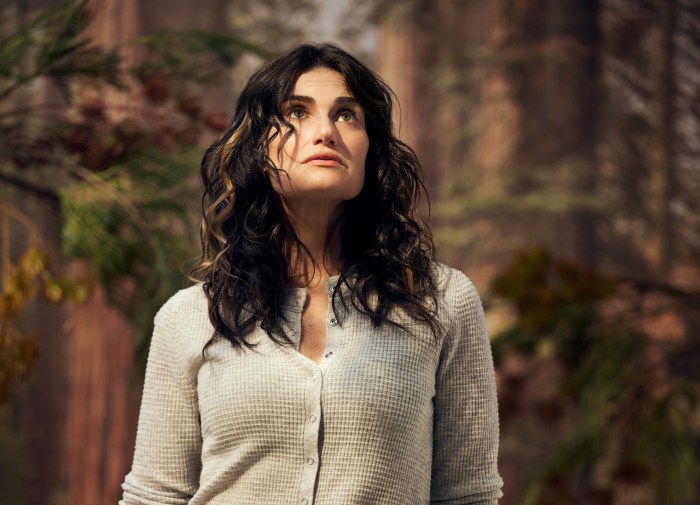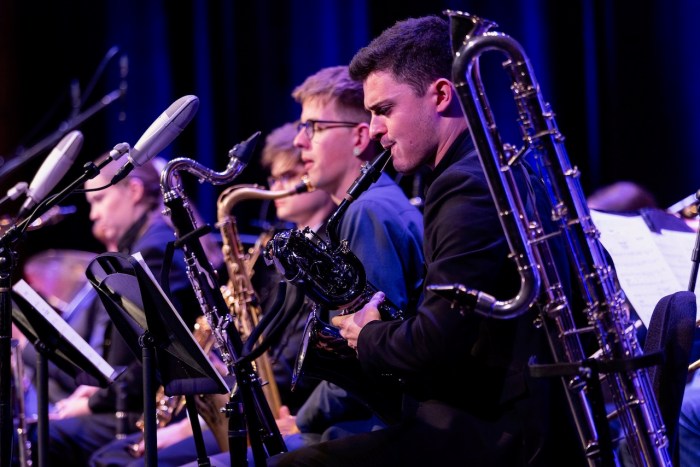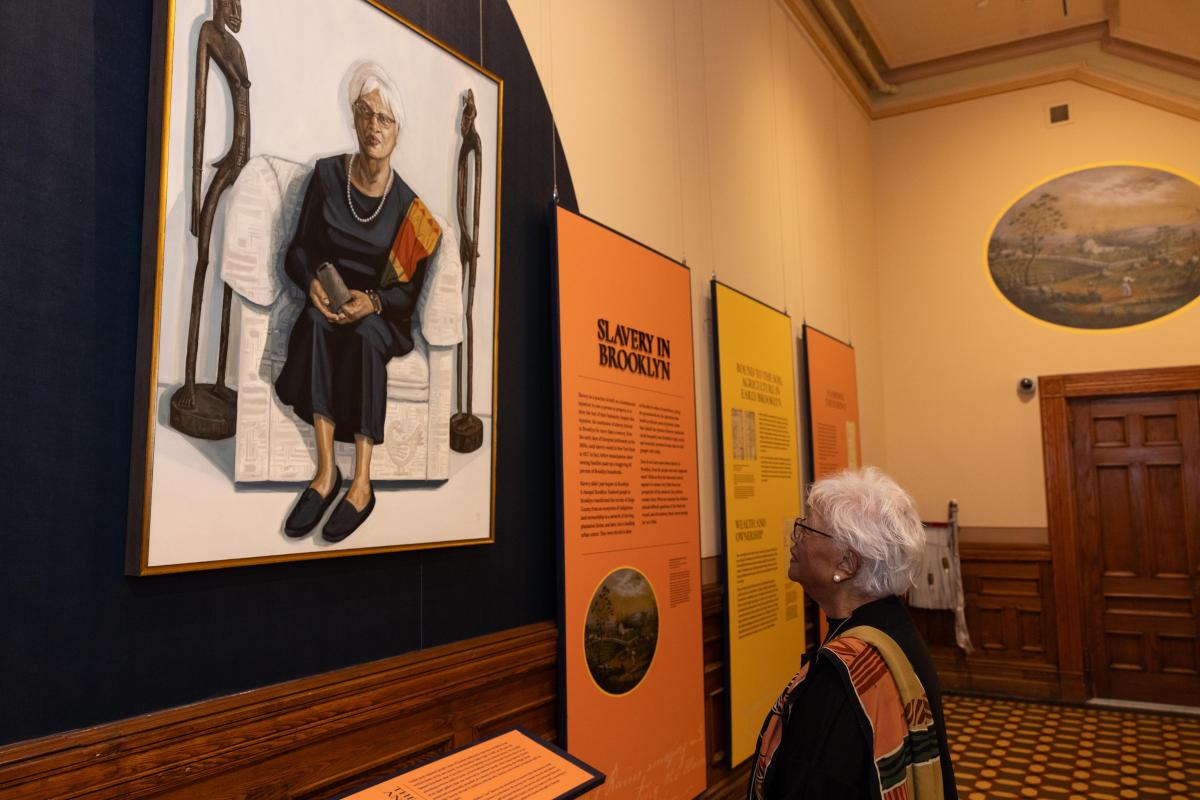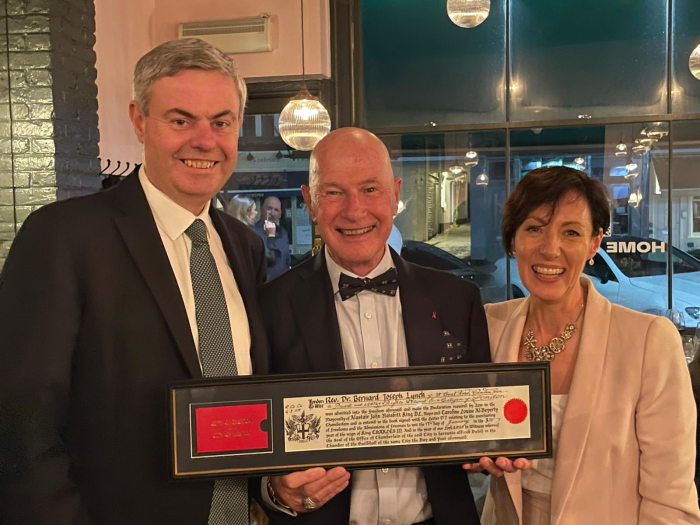
Toni Morrison: The Pieces I Am
Documentary directed by Timothy Greenfield-Sanders
Rated PG-13
Playing at Film Forum
“They know how to throw a party!” 88-year-old author Toni Morrison says about the Swedish Academy.
Her win of the Nobel Prize for Literature is presented as the validation of a life’s work in the PBS American Masters documentary “Toni Morrison: The Pieces I Am,” which opens in theaters this week. Making movies about writers is inherently difficult — they sit at a desk and type all day! — so you’ll forgive director Timothy Greenfield-Sanders for concluding with the 1993 event, even though Morrison (still with us) has published many works since.
Straightforward in its presentation, this film wisely leans in on its greatest strength: Morrison herself. Who better to tell her life story? The warm and witty woman is quick to deploy a disarming chuckle, even while discussing some of the darker moments of her history.
Morrison’s books, essential to modern literature, were groundbreaking not just for their prose but for their subjects. Starting with “The Bluest Eye” in 1970, Morrison wrote about African American women for African American women. This is not to say that other readers were excluded, but her style and stories refused to bend to meet their perspectives. She trusted her wider readership would put in the effort to meet a narrative from an unfamiliar vantage point. And if they wouldn’t, well, she didn’t care.
“The Pieces I Am” is rife with tidbits about growing up in a “melting pot” community of immigrants and African Americans in Lorain, Ohio, and her first years as an editor at Random House in New York. It was there, writing on the side, where she helped bring many important voices into print. The publication of “The Black Book” in 1974 was a watershed moment for taking African American folklore into the mainstream.
Additional commentators like Angela Davis, Fran Leibowitz, Russell Banks and Oprah Winfrey sing her praises; perhaps the best story is how Morrison raised two kids on her own, held a job and still created a rich text like “Song of Solomon.” Apparently she kept a pad and pencil with her in the car and wrote at red lights.
There are noticeable gaps in the film — nothing about her ex-husband and no mention of the death of her son — but plenty about the reception and legacy of books like “Sula” and “Beloved.” It’s clear that these are the pieces she plans to be remembered by.


































